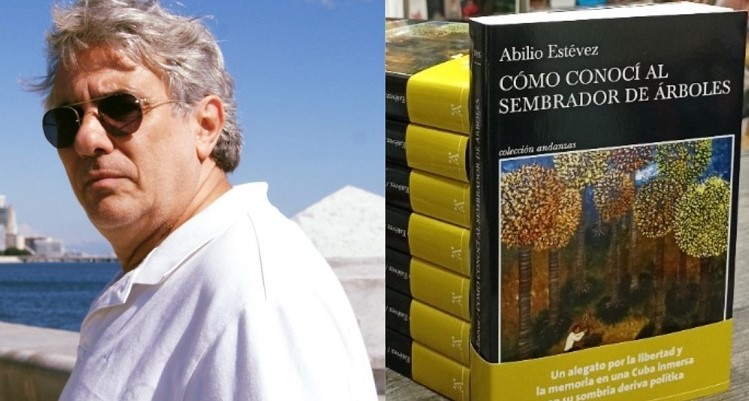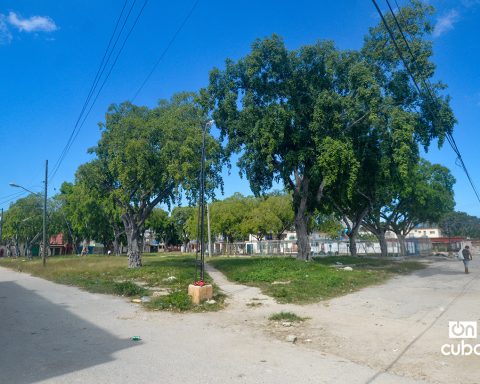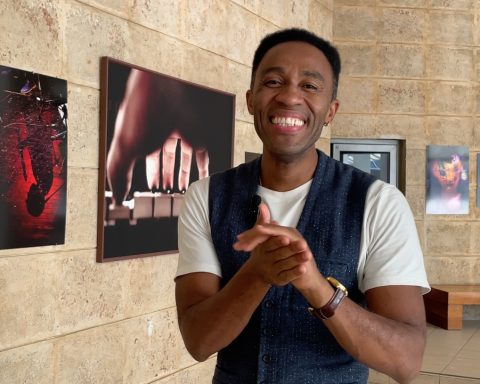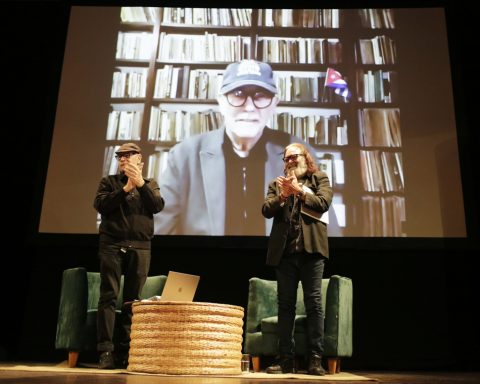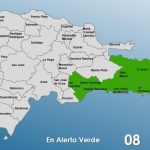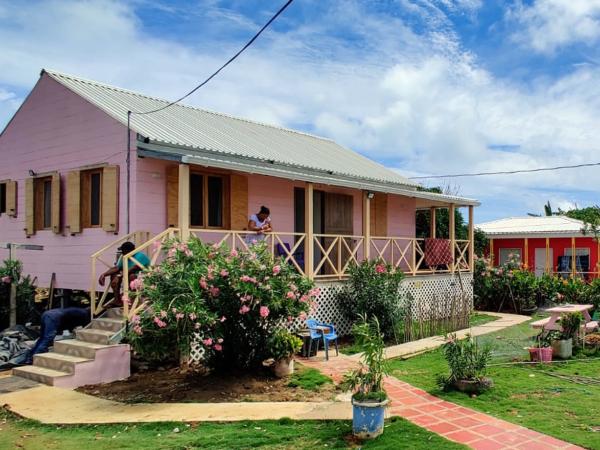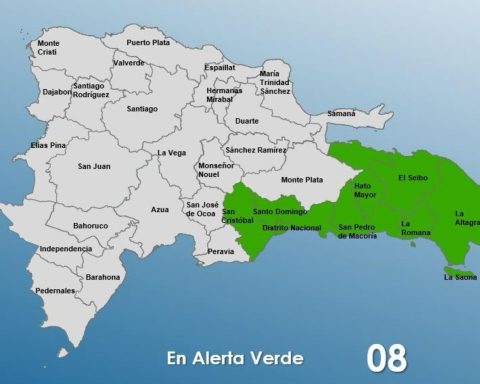MADRID, Spain.- The renowned Cuban writer Abilio Estévez, who has lived in Spain for more than 20 years, “has no hope of returning to Cuba.” “For me, that country was lost forever,” he said about it in a recent interview with the Spanish media. The reason.
Despite the years he has been away from Cuba, the Island continues to be among the themes of his literary creation, as is the case with his latest work, How I Met The Tree Planterpublished by Tusquets.
This collection of short stories “has as its axis the memory of what was an Island that already seems unrepeatable.”
“This is a book that deals with a loss, about the need to look for that place that was lost and that disappeared and that one already knows is definitively. I think it is a book about wandering, about losing your place, I mean, about forcing yourself to lose your place, trying to have it from the fabrication of memory, a world of fiction”, explains the author of works such as The true guilt of Juan Clemente Zenea, Secret Inventory of La Habanay Yours is the kingdom.
Asked about the nostalgia present in How I Met the Tree Planters, points out: “There is a nostalgic part. I don’t know if I miss my country or the criteria I have of my country. (…) My memory has a lot of fiction and I don’t know if what was lost forever, what was devastated, corresponds to reality”.
“It is not the same to live in Barcelona, a city that changes, that transforms into another and becomes bigger,” adds Estévez, “than living in a city like Havana, but I can talk about the whole country, which has been devastated in a war that never happened It is pure destruction. So it may be that there is a melancholy.”
The writer also refers to the ability of Cubans to survive any situation. In this sense, he remembers his childhood and recounts: “There were days when we were without food, when we suffered blackouts, but then there were days when the light came back on, or there was a piece of chicken left to eat. Therefore, there was a resignation, there was that ‘thank goodness’”.
These childhood memories of Abilio Estévez, born in 1954, continue to be the current reality of the majority of Cubans who remain on the Island.
Receive information from CubaNet on your cell phone through WhatsApp. Send us a message with the word “CUBA” on the phone +525545038831, You can also subscribe to our electronic newsletter by giving click here.
